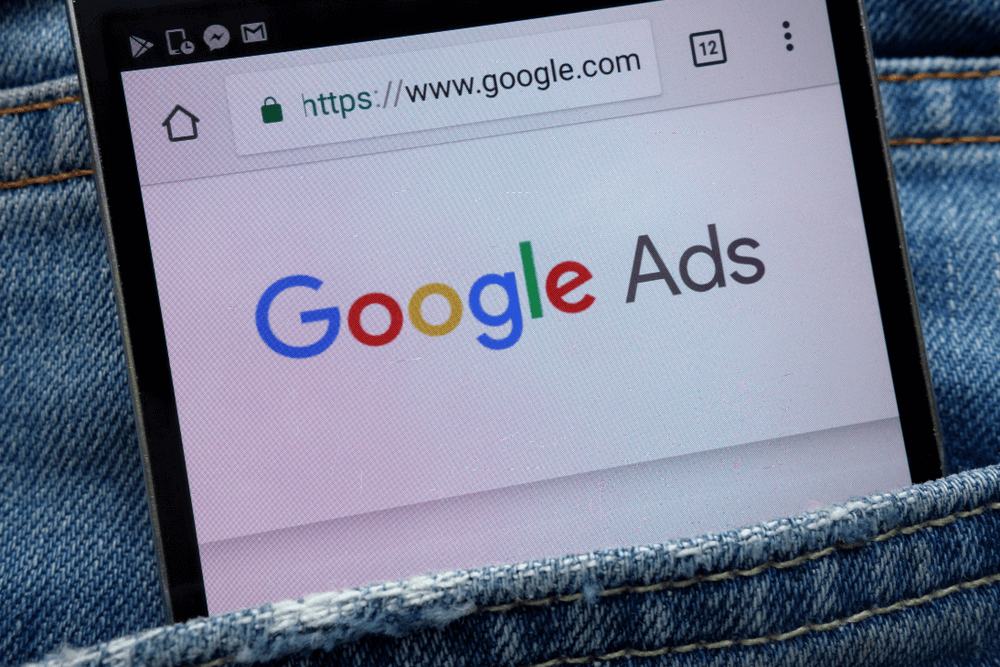SOC 2, short for System and Organizational Control 2, is an auditing procedure designed for third-party service providers who handle private customer data. All SOC levels are based on the American Institute of Certified Public Accountants (AICPA’s) criteria and the SOC 2 protocol deals specifically with data privacy and protection.
SOC 2 requires organizations to put security policies in place to protect data and enforce them. The policies and procedures must be audited regularly to ensure compliance. Read on to find out about the five key Trust Service Principles that dictate compliance before the company’s next audit.
- Security
The most important and foundational category of soc 2 trust services principles is security. In this case, security refers to how the system is protected against unauthorized access. Though SOC 2 requires that organizations maintain effective control over data security, it doesn’t dictate how security procedures should be implemented.
The security principle doesn’t just apply to data in transit. It also applies to stored data, and even to the system infrastructure itself. Hardware, including servers and networking equipment, as well as software such as firewalls, system backups, and operating systems, must all be under the company’s control and should be protected against unauthorized access.
- Availability
The Trust Service Principle of availability requires third-party providers to make their systems and data available to customers. The level of availability must be stipulated in either a written contract or a service level agreement (SLA).
Again, there’s no one solution that’s appropriate for every company or organization, so SOC 2 only requires that customers have access to appropriate data, not what types of data or how the access is provided. When in doubt, work with a security specialist who is familiar with SOC 2 requirements.
- Processing Integrity
Processing integrity refers to how a company or organization protects its systems and data from unauthorized individuals making changes to the framework. In order to be SOC 2 compliant, organizations must have data processing systems that are complete, valid, accurate, and timely.
Organizations subject to SOC 2 compliance must also take precautions to ensure that only authorized individuals can make changes to their data systems. In many cases, that means implementing access controls that allow only certain employees to make changes to the system.
- Confidentiality
The fourth AICPA Trust Service Principle is one of the most straightforward. It stipulates that companies are required to ensure their customers’ or clients’ sensitive data is protected sufficiently against unauthorized disclosure.
Keep in mind that unauthorized disclosure can occur as a result of both internal and external data breaches. There should be logical physical access controls in place to prevent unauthorized access within the company in addition to security protocols to prevent hacking.
- Privacy
Finally, the privacy principle refers to how an organization collects, retains, discloses, and otherwise handles personal information. Every SOC 2 compliant organization needs to have a privacy policy that details how personal information is handled, and the policy should conform to the AICPA’s generally accepted privacy principles.
Schedule an Audit
Already have all of the appropriate processes, procedures, and safeguards in place to ensure ongoing SOC 2 compliance? It’s time to prove it to customers by hiring a third-party SOC 2 auditing company to evaluate the entire system and generate a detailed report. Make sure you’re using a third-party audit firm that specializes in SOC 2 compliance, including generating professional system and organization control reports.





























































